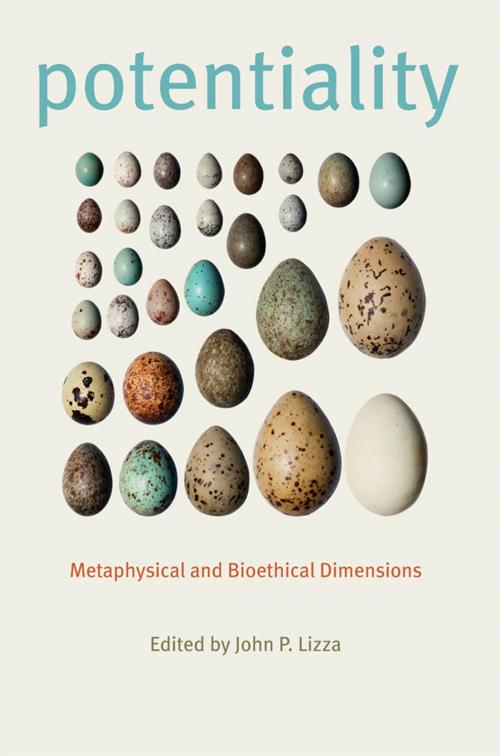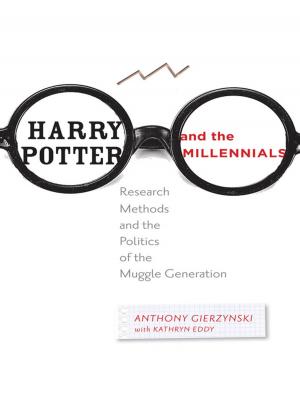Potentiality
Metaphysical and Bioethical Dimensions
Nonfiction, Health & Well Being, Medical, Reference, Ethics, Religion & Spirituality, Philosophy| Author: | ISBN: | 9781421411781 | |
| Publisher: | Johns Hopkins University Press | Publication: | February 15, 2014 |
| Imprint: | Language: | English |
| Author: | |
| ISBN: | 9781421411781 |
| Publisher: | Johns Hopkins University Press |
| Publication: | February 15, 2014 |
| Imprint: | |
| Language: | English |
What is the moral status of humans lacking the potential for consciousness? The concept of potentiality often tips the scales in life-and-death medical decisions. Some argue that all human embryos have the potential to develop characteristics—such as consciousness, intellect, and will—that we normally associate with personhood. Individuals with total brain failure or in a persistent vegetative state are thought to lack the potential for consciousness or any other mental function. Or do they?
In Potentiality John Lizza gathers classic articles alongside newly commissioned chapters from leading thinkers who analyze the nature of potentiality in bioethics, a concept central to a number of important debates. The contributors illustrate how considerations of potentiality and potential persons complicate the analysis of the moral consideration of persons at the beginning and end of life. A number of works explicitly uncover the Aristotelian background of the concept, while others explore philosophical issues about persons, dispositions, and possibility. The common assumption that potentiality is intrinsic to whatever has the potentiality is challenged by a relational view of persons, an extrinsic account of dispositions, and attention to how extrinsic factors affect realistic possibilities.
Although potentiality has figured prominently in bioethical literature, it has not received a great deal of logical, semantic, and metaphysical analysis in contemporary philosophical literature. This collection will bring these thorny philosophical issues to the fore.
Incorporating cutting-edge research on the topic of potentiality, this thought-provoking collection will interest bioethicists, philosophers, health care professionals, attorneys engaged in medical and health issues, and hospital and governmental committees who advise on policy and law concerning issues at the beginning and end of life.
What is the moral status of humans lacking the potential for consciousness? The concept of potentiality often tips the scales in life-and-death medical decisions. Some argue that all human embryos have the potential to develop characteristics—such as consciousness, intellect, and will—that we normally associate with personhood. Individuals with total brain failure or in a persistent vegetative state are thought to lack the potential for consciousness or any other mental function. Or do they?
In Potentiality John Lizza gathers classic articles alongside newly commissioned chapters from leading thinkers who analyze the nature of potentiality in bioethics, a concept central to a number of important debates. The contributors illustrate how considerations of potentiality and potential persons complicate the analysis of the moral consideration of persons at the beginning and end of life. A number of works explicitly uncover the Aristotelian background of the concept, while others explore philosophical issues about persons, dispositions, and possibility. The common assumption that potentiality is intrinsic to whatever has the potentiality is challenged by a relational view of persons, an extrinsic account of dispositions, and attention to how extrinsic factors affect realistic possibilities.
Although potentiality has figured prominently in bioethical literature, it has not received a great deal of logical, semantic, and metaphysical analysis in contemporary philosophical literature. This collection will bring these thorny philosophical issues to the fore.
Incorporating cutting-edge research on the topic of potentiality, this thought-provoking collection will interest bioethicists, philosophers, health care professionals, attorneys engaged in medical and health issues, and hospital and governmental committees who advise on policy and law concerning issues at the beginning and end of life.















